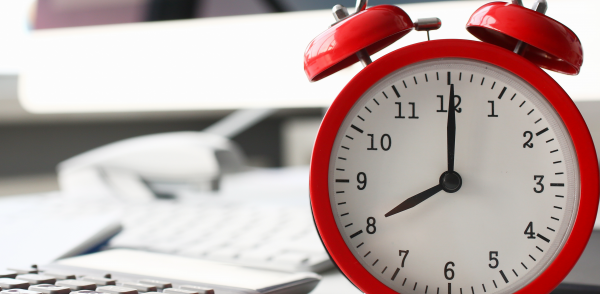Medibank has revealed new national research in partnership with world-renowned sleep expert Dr Michael Mosley showing the impact of the COVID-19 pandemic on sleep.
The research of 1,000 people, which is part of the company's Live Better program. shows 40 per cent of respondents agreed that a good night’s sleep was ‘priceless’ to them.
However, it also revealed that one-in-four Australians have had their sleep affected by the COVID-19 pandemic – equating to almost five million people.
Of those who said 2020 was their worst year of sleep yet, the COVID-19 pandemic was the number one cause for more than half (53 per cent), followed closely by financial stress or loss of income (36 per cent) and changes in the work environment due to lockdown and restrictions (27 per cent).
Medibank said the research shows 65 per cent of men said they were happy with their overall sleep compared to 49 per cent of women. Among those who’s sleep was affected, women were significantly more impacted, with 69 per cent reporting loss of sleep compared to just 43 per cent of men.
Leading sleep expert and Medibank Ambassador Dr Michael Mosley believes seven to eight hours of quality sleep is more important than many Australians may think and that the results can improve both mental and physical health.
“The challenges of last year have undoubtedly impacted all Australians very differently, but loss of sleep caused by the stressors of 2020 appears to be universal,” said Dr Mosley.
“Many report feeling moody, lethargic or sore after a bad or interrupted night’s sleep. On top of this, long-term lack of sleep could lead to more serious issues, such as a higher risk of hypertension, diabetes, heart problems and poor immunity.
“The good news is there are really simple and easy ways to achieve a good night’s sleep, including setting up a sleep window to manage your hours, and reducing screen time and caffeine intake at certain points in the day. It’s these small changes that could make a world of difference.”
Most of those surveyed (70 per cent) know the benefits associated with reducing screen-time before bed. Yet more than half (60 per cent) of these respondents admitted to still staying up online and on mobile phones – scrolling through social media or watching entertainment across streaming platforms.
The report also found two-thirds of Aussies surveyed (66 per cent) know the benefits of not drinking caffeinated beverages after midday to help with their sleep but about 40 per cent report they do so anyway. Similarly, 25 per cent of those who know it is recommended to stop eating 2-3 hours before bedtime admit to eating within an hour of going to sleep.
